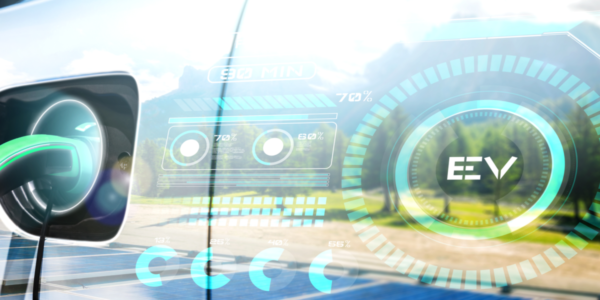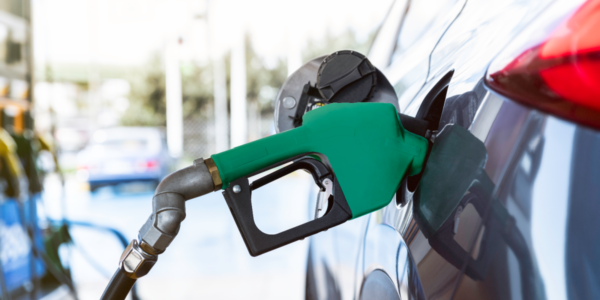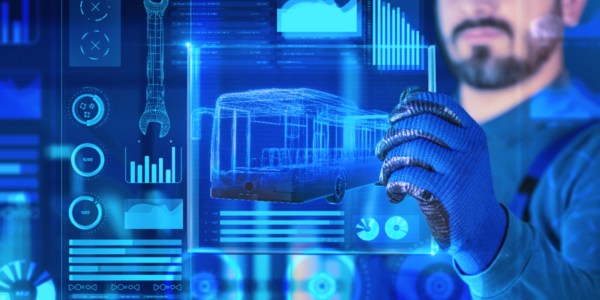
We’ll be speaking about electrification, sustainability (as per usual) and the entire movement at it’s core – because I know that sustainability isn’t just for those interested in electrification. There’s a little piece that everyone can take from this.

Working with data is Utilimarc’s bread and butter, the core of what we do here. We’ve been working with one of our partners, GEOTAB, to be able to “unlock” a certain type of data that historically has been harder to access.

The timeframe for electric vehicle technology, infrastructure and innovation has shortened dramatically. It went from a span of 5-10 years being the average to see any major change in innovation, to 1-2 years being the standard.

Getting data where it needs to be continues to prove to be a challenge for many organizations today – especially when it comes to streamlining and effectively optimizing operational strategies.

A lot of the progress that has been made in this sustainability movement has really started to rev up in Europe. The Netherlands, Norway – specifically in cities like Oslo, Amsterdam, London in the UK and even eastern Asia.

As fleets become more sophisticated with the addition of new technology, the need for metrics to evolve also remains consistent. We’re starting with the basics: cost per mile and cost per gallon.

When you look at the amount of major manufacturers that are now talking about changing from gasoline and diesel to electricity, it’s not just the startup companies anymore. It’s actually now large companies General Motors, Chevrolet and Ford that are making the shift.

“They don’t have time to research it and study it. That creates a challenge for adoption. And so for what we do, and knowing lithium-ion, our goal is to make this not so scary. Make the transition simple for our customers, simple for the users. And that’s what we focus on.”

For those of us that like internal combustion engine vehicles, or perhaps we really need them, whether it’s your personal vehicle or perhaps you operate or run a fleet that simply cannot electrify due to lack of vehicle option availability, it doesn’t suit your region or type of work, et cetera, how can we make them to be more sustainable?